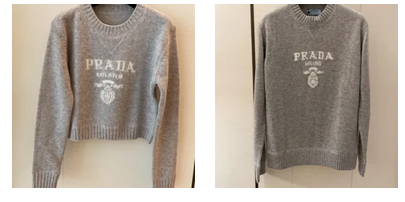
Iconic Labels Redefining Men’s Fashion Landscape
Recently, the fashion sector has witnessed a seismic change in buyer habits: an upswing of replica clothing. As soon as deemed taboo, replicas—often known as dupes—have received traction, reshaping the landscape of fashion intake. This pattern, motivated by a variety of factors which range from economic constraints to your altering perception of deluxe, has stimulated a discussion throughout the fashion local community about credibility, ethics, and the future of the market.
replica clothing, fundamentally knockoffs of higher-stop designer parts, is now increasingly popular due to its affordability and availability. With all the coming of fast fashion merchants and internet based marketplaces, buyers can certainly get replications . that imitate the latest runway tendencies at a small part of the charge. This democratization of design will allow men and women from varied socio-economic backgrounds to participate in in the ever-changing world of fashion.
Even so, the proliferation of replica clothing has raised ethical worries within the fashion industry. Pundits argue that replications . infringe upon cerebral residence legal rights and weaken the creativeness and design of developers. Furthermore, the creation of replica clothing frequently involves in question effort practices and contributes to environment degradation, exacerbating the already important issues associated with fast style.
Even with these criticisms, the interest in replica clothing keeps growing, powered by way of a need to have self-expression as well as the attraction of deluxe minus the expensive asking price. For several consumers, getting replicas is not only a functional selection but in addition an announcement from the exclusivity perpetuated by conventional trend properties.
Moving the industry of design dupes takes a nuanced knowledge of the moral, interpersonal, and economical implications. Whilst replications . present an cost-effective substitute for developer trend, shoppers must take into account the influence of the getting decisions around the sector overall. By promoting environmentally friendly and moral brand names, exercising sensitive consumption, and advocating for openness and accountability inside the trend offer chain, folks can play an important role in shaping a more equitable and accountable trend industry.
Basically, the growth of replica clothing displays a wider cultural move towards inclusivity and ease of access in fashion. As customers carry on and prioritize cost and assortment, the style industry must get accustomed to satisfy these growing demands although addressing the honest obstacles caused from the proliferation of reproductions